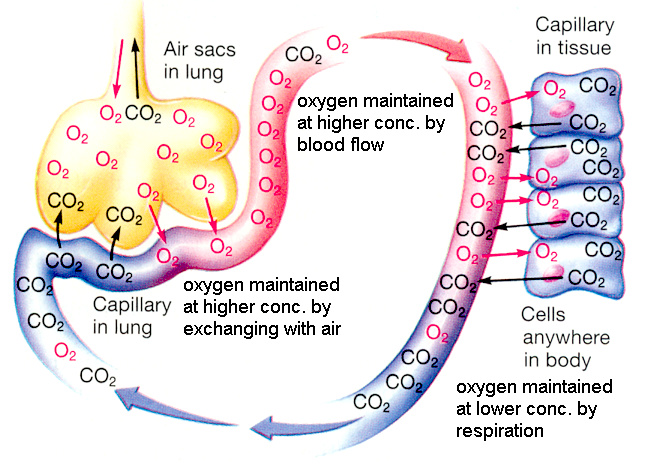Not all of them. Certain of them, in fact, namely the ω-3 fatty acids and the ω-6 fatty acids, are essential to human life, though ω-6 fatty acids cause systemic inflammation when ingested in quantity. Most commercial seed oils contain far more ω-6 fatty acids than we need, which is why we advise avoiding them.
The other issue with oils high in PUFA’s is how the polyunsatruates get oxidized and restructured when heated, and the resulting compounds get into cell walls and cause trouble (the walls of all human cells are made of fatty acids of various types, and a considerable quantity of cholesterol).
Furthermore, since the ω-3 fatty acids and the ω-6 fatty acids compete for the same receptors on cell walls, they need to be ingested in the proper proportion (generally 1:1) in order for us to get the proper amounts of both, whereas the PUFA’s in most commercial seed oils are overwhelmingly ω-6 fatty acids.
The moral of the story: Stick to healthy fats, such as butter/ghee, tallow, lard, and bacon grease, which are mostly monounsaturated fats and saturated fats, with a small percentage of PUFA’s.




